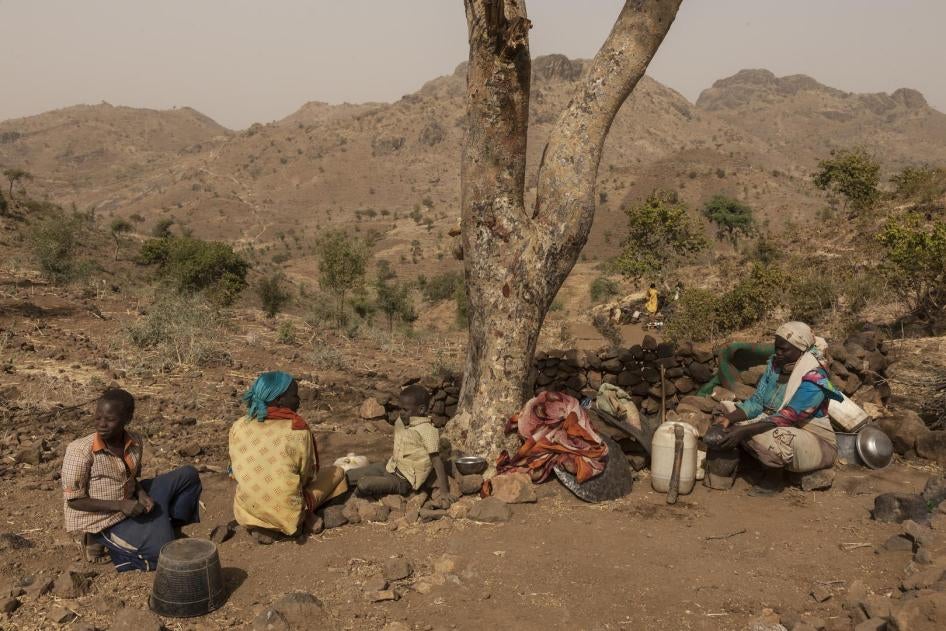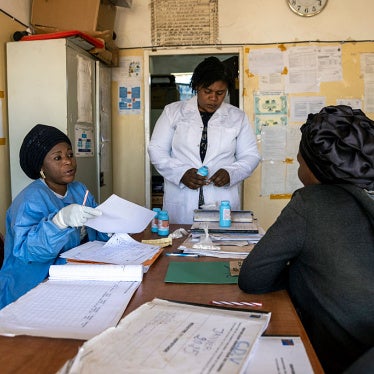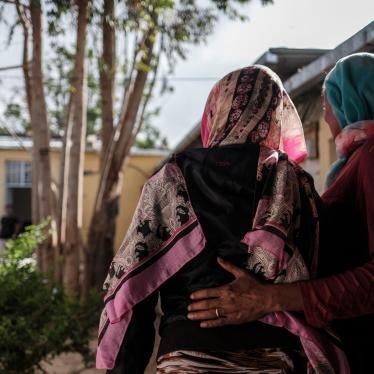Fifteen years ago this month, the world decided to take seriously the rights of women caught up in conflict, and passed Resolution 1325 at the UN Security Council. This and other UN resolutions adopted over the years recognize women as central to efforts to maintain peace and security – and tomorrow council members will once again affirm this tenet.
Beyond the UN, however, 1325 is honored far more in the breach than in the observance.
Take Sudan, for instance. The government’s indiscriminate bombing, ground attacks, and pillaging of civilian property in Darfur, Southern Kordofan and Blue Nile has sent hundreds of thousands of mostly women and children into crowded camps in Darfur and neighboring Chad and into refugee camps in South Sudan and Ethiopia. Government forces, rebels, and other armed men have raped and assaulted women and girls without fear of any consequence across several conflict zones in the region.
Given the scale of abuses against women in Sudan’s conflict zones, the Security Council should publicly condemn Sudan’s ongoing indiscriminate bombing to demonstrate its commitment to implementing 1325. Sudanese government attacks have maimed and killed women and children, burning them alive and severing their limbs, and destroyed schools and clinics in the Nuba Mountains.
The council should also authorize a much-needed impartial investigation into abuses against civilians in Darfur, Southern Kordofan and Blue Nile. These investigation teams should include experts on sexual violence.
But Sudan’s violation of women’s rights is not limited to conflict zones alone. Its repressive and discriminatory laws undermine women and girls across the country and diminish their ability to participate meaningfully in public life.
The draconian national security service has targeted female activists during crackdowns on protesters and in waves of “political” arrests. The so-called public order police arrest women and girls for their choice of dress – such as wearing trousers or exposing their hair – or for merely riding in a car with members of the opposite sex. Corporal punishments such as flogging and stoning for “morality crimes” – including adultery – are used disproportionately on women and girls.
Resolution 1325 will remain an empty promise if the Security Council and other member states keep turning a blind eye to abuses against women in Sudan. The council should address not only the urgent impact of conflict-related abuses and sexual violence, but also tackle repression and enduring discrimination against women and girls.








